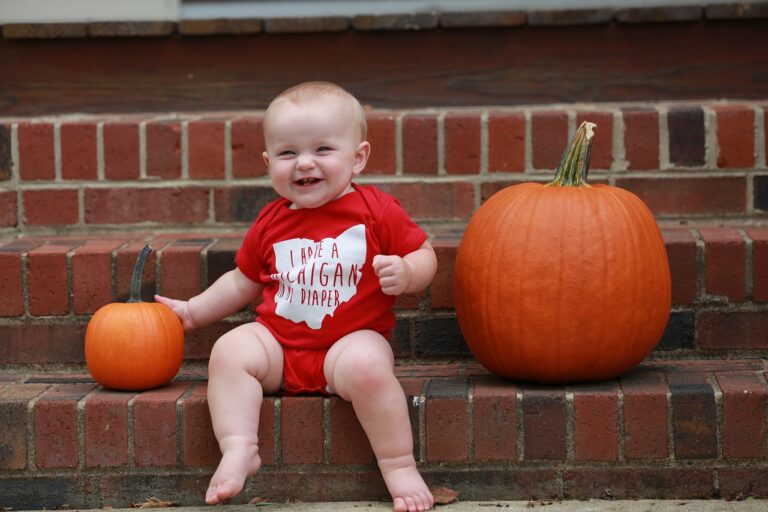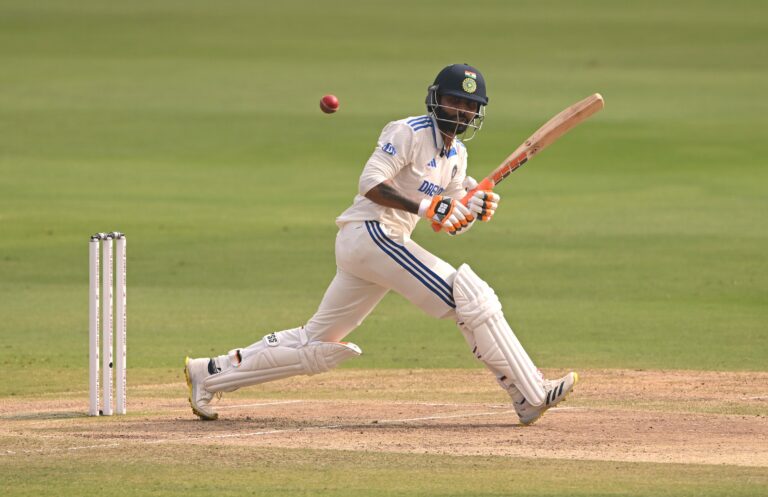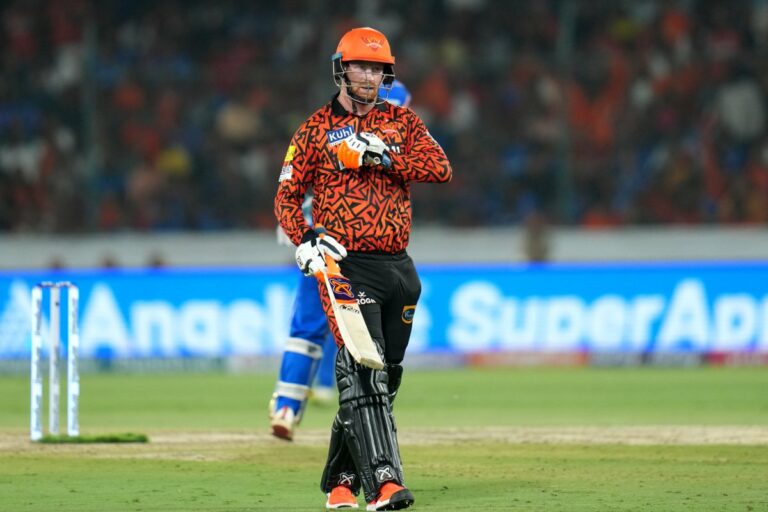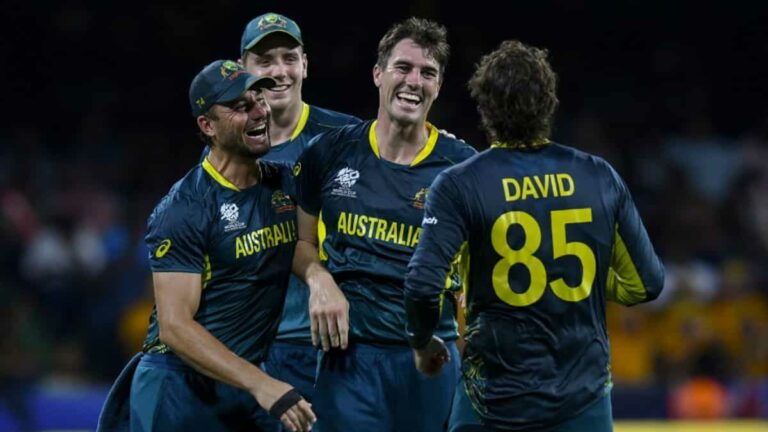Sports Betting and the Influence of Media Coverage
Play99exch, 11xplay: The sports betting industry has experienced a remarkable surge in recent yearspropelled by technological advancements and shifting societal attitudes towards gambling. The proliferation of online betting platforms has made it easier than ever for individuals to place bets on their favorite sportscontributing to the industry’s exponential growth. This accessibilitycoupled with the increasing legalization of sports betting in various regionshas created a lucrative market that continues to expand rapidly.
As the industry continues to flourishsports betting companies are leveraging innovative marketing strategies to capture a broader audience and increase revenue streams. Sponsorship deals with professional sports teams and leaguesalong with aggressive advertising campaignshave raised the profile of sports betting and heightened its presence in mainstream media. The evolving landscape of the sports betting industry presents both opportunities and challengesas regulators and stakeholders navigate the complexities of a burgeoning sector.
The Role of Media in Shaping Public Perception
The media plays a pivotal role in shaping public perception towards sports betting. Through television broadcastsonline articlesand social media poststhe media has the power to influence how individuals view and engage with betting activities. The way in which sports events are coveredthe emphasis placed on odds and betting linesand the portrayal of successful bettors all contribute to the narrative that the media constructs around sports betting.
Furthermorethe language and imagery used by the media can either glamorize or demonize sports betting in the eyes of the public. By highlighting stories of big wins and glamorous lifestyles associated with successful bettingthe media can create a sense of allure and excitement around the activity. Converselyfocusing on the negative consequences of gambling addiction and highlighting stories of financial ruin can paint a starkly different picture. Ultimatelythe media has the power to shape public opinion and influence individual attitudes towards sports betting.
• The media can influence public perception through television broadcastsonline articlesand social media posts
• Coverage of sports eventsemphasis on odds and betting linesand portrayal of successful bettors all contribute to the narrative around sports betting
• Language and imagery used by the media can either glamorize or demonize sports betting
• Highlighting stories of big wins and glamorous lifestyles associated with successful betting creates allure and excitement
• Focusing on negative consequences of gambling addiction and financial ruin can paint a different picture
• Ultimatelythe media has the power to shape public opinion and individual attitudes towards sports betting
Impact of Media Coverage on Sports Betting Trends
Sports betting trends are significantly influenced by the extent of media coverage dedicated to various sports events. Through extensive coverage on televisionradioonline platformsand social media channelsthe visibility and accessibility of sports betting opportunities are heightened. Media outlets often emphasize the excitement and thrill of betting on sportsenticing audiences to participate and engage with the industry.
Moreoverthe narrative constructed by media coverage can shape the public’s perception of sports bettingportraying it as a mainstream activity that adds an extra layer of entertainment to watching sports events. The constant exposure to oddsbetting linesand expert analysis can normalize and even glamorize sports bettingleading to increased interest and participation among individuals eager to test their luck and sports knowledge. Thusmedia coverage plays a pivotal role in influencing the trajectory of sports betting trends within the broader societal landscape.
The Power of Advertising in Promoting Sports Betting
Advertising plays a pivotal role in promoting sports bettingcapturing the attention of potential bettors and enticing them to engage in this form of gambling. Advertisements often glamorize the idea of placing bets on sports eventscreating a sense of excitement and thrill around the activity. Through strategic marketing techniquesadvertisers aim to cultivate a culture where sports betting is not only normalized but also perceived as a fun and rewarding pastime.
By leveraging various platforms such as televisionsocial mediaand online channelsadvertisers can reach a wide audience and effectively influence consumer behavior towards sports betting. The use of catchy slogansvibrant visualsand celebrity endorsements further enhances the appeal of betting on sportsmaking it seem like a desirable and lucrative activity. Through persuasive advertising strategiesthe sports betting industry continues to thriveattracting both seasoned gamblers and newcomers alike.
Ethical Concerns Surrounding Media Coverage of Sports Betting
Ethical concerns surrounding media coverage of sports betting have become increasingly prevalent in today’s digital age. With the rapid expansion of online platforms and social mediathe accessibility and visibility of sports betting-related content have raised questions about responsible reporting and promotion. Critics argue that the glamorization of sports betting by the media could potentially normalize gambling behaviors among vulnerable populationssuch as minors and individuals with gambling addiction.
Moreoverthere is a growing unease over the blurred lines between editorial content and advertising in the realm of sports betting coverage. As media outlets rely on advertising revenues from betting companiesthere is a concern that journalistic integrity could be compromised in favor of financial interests. The lack of transparency regarding sponsored content and potential conflicts of interest further exacerbate these ethical dilemmashighlighting the need for greater scrutiny and regulation in how sports betting is portrayed in the media.
The Influence of Sports Commentators and Analysts on Betting Behavior
Sports commentators and analysts play a significant role in shaping the opinions and decisions of sports bettors. Their expert analysis and insights during live broadcasts or pre-game shows can sway viewers towards certain teams or outcomes. Many bettors look to these individuals for guidance and rely on their predictions when placing betsbelieving that their in-depth knowledge of the game gives them an edge in making informed choices.
Moreoverthe credibility and authority of sports commentators and analysts can inadvertently validate certain betting practices or trends. When these figures express excitement or confidence in a particular betit can influence the behavior of viewers who may be more inclined to follow suit. This power of persuasion can lead to a domino effectwhere a single endorsement or recommendation from a respected commentator can spark a surge in betting activity surrounding a specific event or outcome.
Social Media and its Effect on Sports Betting Culture
Social media has undeniably become a pervasive force in shaping the landscape of sports betting culture. Platforms like TwitterInstagramand Facebook provide a space for fans to share their predictionsinsightsand betting tips. The instantaneous nature of social media allows for the rapid dissemination of informationinfluencing betting trends and odds in real time.
Furthermoresocial media influencers and online personalities have gained significant influence in the world of sports betting. Their endorsementspredictionsand analysis can sway the decisions of bettorsamplifying the impact of social media on betting culture. With the ability to reach a wide audience at a moment’s noticesocial media plays a crucial role in driving the conversation and shaping the behaviors of those engaging in sports betting activities.
The Connection Between Television Networks and Sports Betting
Television networks play a significant role in the integration of sports betting into mainstream culture. With a vast viewership reachthese networks have become essential platforms for promoting betting oddstipsand analysis during sporting events. The constant exposure to betting-related content through TV broadcasts has normalized the idea of placing wagers on sports eventsthus contributing to the growing popularity of sports betting.
Moreovertelevision networks often form partnerships with sportsbooks and betting companiesallowing for seamless integration of gambling advertisements and promotions into their programming. This collaboration has further blurred the lines between sports coverage and betting opportunitiesas viewers are frequently presented with enticing offers and odds during commercial breaks and sponsorships. As a resulttelevision networks have become instrumental in shaping the public perception of sports betting and facilitating its widespread acceptance within the sporting community.
Celebrity Endorsements and their Impact on Sports Betting
Celebrity endorsements have long been a common strategy in marketing various products and servicesand the sports betting industry is no exception. When a well-known athleteactoror public figure promotes a sports betting platform or serviceit can significantly influence the public’s perception and behavior towards gambling. The power of celebrity endorsements lies in their ability to capture the attention and trust of their fanswho may be more inclined to engage in betting activities due to the association with their favorite celebrity.
Moreovercelebrity endorsements can also contribute to normalizing and glamorizing sports betting in the eyes of the public. By showcasing famous personalities engaging in or promoting betting practicesit can create a perception that betting is not only socially acceptable but also desirable. This can potentially lead to an increase in betting participation among individuals who may have been previously hesitant or skeptical about gambling.
Regulatory Measures to Control Media Influence on Sports Betting
In order to address the growing concerns surrounding the influence of media on sports betting behaviorsregulatory measures have been proposed to control the way in which information is presented to the public. These measures aim to establish guidelines for media outlets to follow when discussing sports betting topicswith the goal of promoting responsible gambling practices and minimizing the potential for harm.
By implementing these regulatory measuresauthorities hope to create a more transparent and balanced portrayal of sports betting within the media landscape. This includes setting standards for how odds and betting information are presentedas well as ensuring that messaging regarding gambling risks and resources for help are readily available to consumers. Through such measuresit is believed that the influence of media on sports betting behaviors can be more effectively managed to protect vulnerable individuals from the negative consequences of excessive gambling.
How has the sports betting industry grown in recent years?
The sports betting industry has experienced significant growth due to advancements in technologyincreased accessibilityand relaxed regulations in many countries.
What role does the media play in shaping public perception of sports betting?
The media plays a crucial role in shaping public perception of sports betting through advertisingcoverage of betting oddsand celebrity endorsements.
How does media coverage impact sports betting trends?
Media coverage can influence sports betting trends by highlighting certain teams or playerspromoting specific betting marketsand creating a sense of urgency or excitement around certain events.
What ethical concerns surround media coverage of sports betting?
Ethical concerns surrounding media coverage of sports betting include promoting unhealthy gambling habitstargeting vulnerable populationsand potentially influencing underage individuals to engage in betting activities.
How do sports commentators and analysts influence betting behavior?
Sports commentators and analysts can influence betting behavior through their predictionsanalysis of gamesand endorsement of certain betting platforms or strategies.
What effect does social media have on sports betting culture?
Social media platforms can amplify the influence of sports betting by allowing users to share tipsrecommendationsand live updates on betting outcomescreating a sense of community around betting activities.
How are television networks connected to sports betting?
Television networks often have partnerships with sports betting companiesallowing them to promote betting oddssponsorshipsand advertisements during sports broadcasts.
What impact do celebrity endorsements have on sports betting?
Celebrity endorsements can increase the visibility and credibility of sports betting platformsleading to higher levels of engagement and participation among fans and followers of the endorsing celebrity.
What regulatory measures are in place to control media influence on sports betting?
Regulatory measures to control media influence on sports betting include restrictions on advertising contentage verification requirementsresponsible gambling messagingand penalties for unethical or misleading promotions.







